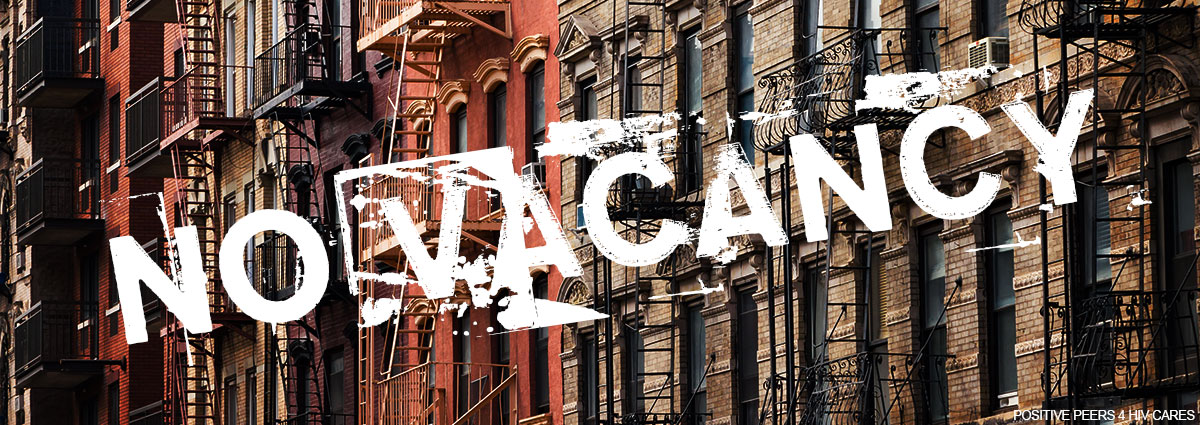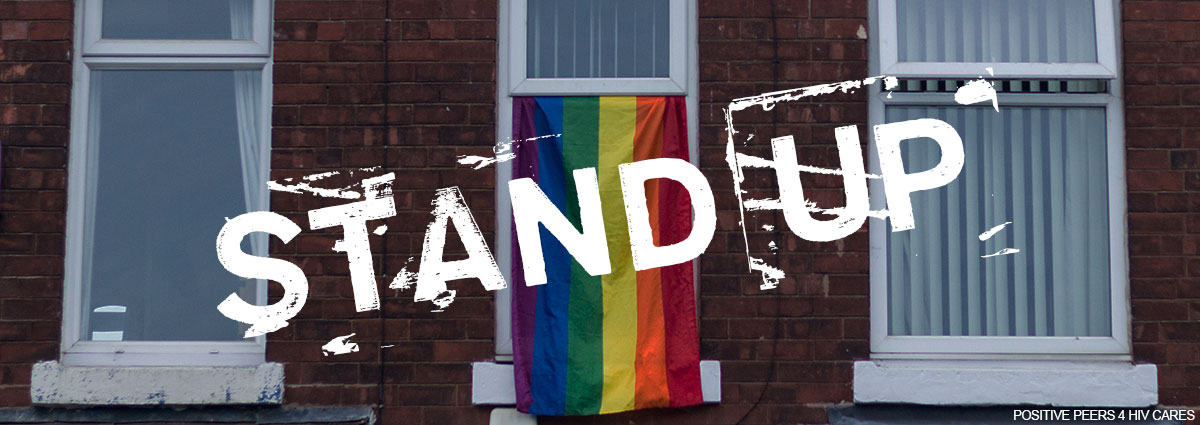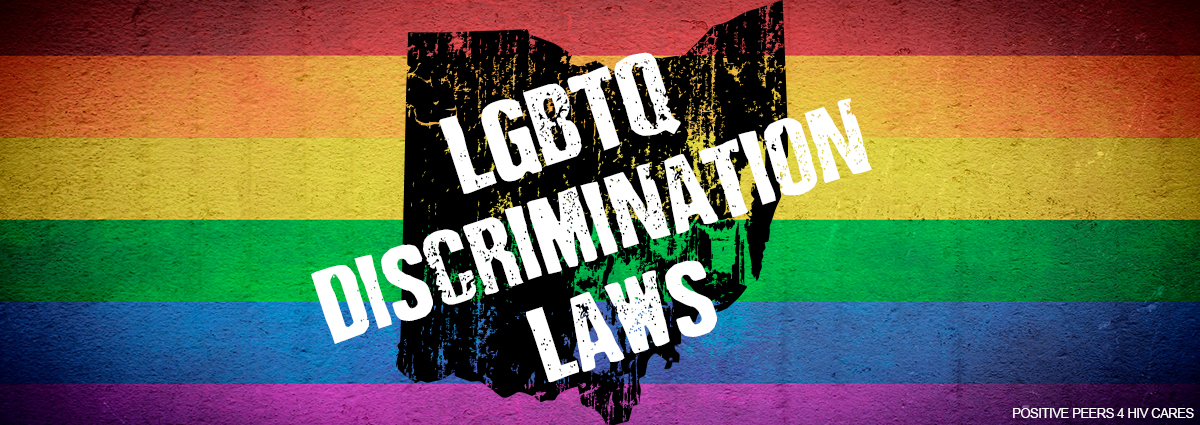
By: Jennifer McMillen Smith, LISW-S, HIV Social Worker at MetroHealth Medical Center and medically reviewed by Ann K. Avery, MD, Infectious Disease Physician at MetroHealth Medical Center
It’s against the law for landlords to discriminate against people with HIV. But, a few landlords get away with it because renters don’t always know their rights under state and federal laws.
So, it pays to learn your housing rights. Let’s go through some of the key points you need to know:
The basics on renting housing
Sometimes people living with HIV are tossed out of their houses without warning by their uneducated and scared family, loved ones, or roommate(s). Often, it’s youth and young adults who are thrown from their homes with little to no experience renting property. This leaves them homeless and clueless about their housing rights. Whether this was your situation or not, we still think it’s a good idea to give you an overview of renting basics.
First, if you need to rent a house, apartment, condo, or extra bedroom, there’s always a base price and a time, like $100 a week or $400 a month. When somebody says they’ll rent you a place at a certain rate for a certain time, that’s a legal agreement.
The trouble with a spoken agreement is that it’s tough to settle in court because there’s no way to prove what was said. That’s why agreements are much better written down on paper: Both sides agree that the words on the page say what they agreed to.
When you rent property, a lease is that written agreement that protects both you and your landlord. The lease keeps your rent steady for the whole term, and it spells out what you and your landlord are responsible for.
(Read more on leases in this article on HowStuffWorks.)
Come join our private, stigma-free, supportive community.
Health management tools with medication & appointment reminders.
Social networking in a community conversation & private chats.
8 key legal protections for tenants
The website of the Cleveland Tenants Organization (CTO) has a bunch of great articles about tenants’ rights and housing discrimination. Here’s a look at eight of them, courtesy of the CTO.
- Fair housing fundamentals. It’s against federal housing law to discriminate against people in seven “protected classes”: Race, color, national origin, sex, religion, family status, and disability. State and local laws may go further, offering protections based on age, sexual orientation, and gender identity. Having HIV qualifies as a disability under the federal anti-discrimination law. While we agree that HIV isn’t a disability, this at least means that the law has your back on this one.
- In Ohio, landlords aren’t obligated to provide a lease. Some rental agreements can go week to week or month to month without a lease. Note that a lease cannot try to sidestep the law by writing in provisions that are illegal. For example, the law requires landlords to fix property damage, so the lease cannot have language saying the landlord is not responsible for repairs. When possible, we recommend always getting a lease!
- 24 hours’ notice to enter. Landlords can’t just drop in anytime they want — they have to let you know they’re coming 24 hours in advance, according to Ohio’s tenant protection-laws. A lease should explain exactly how this works, so there’s never any confusion.
- Reasonable security. The city of Cleveland has specific rules for apartment developments with 30 or more units. These rules allow tenants to sign a petition requesting that the city inspect their apartment development and make sure the landlord is providing basic protection against criminal activity, including lighting, cameras, security guards, and so on.
- Terminating an agreement. A lease is for a specific time, like six or 12 months, but there are protections if you have to end your lease, like if you have to move cross-country to take a new job. Under Ohio law, if you break the lease by leaving early, you owe rent only for the time you live in the property. The landlord is obliged to find a new tenant to move into your place and to avoid forcing you to pay rent for the entire term of the lease (if the landlord can’t find a replacement, you could get stuck paying the whole term, but the landlord would have to take you to court to force the payment).
- Repairs. The law requires landlords to fix damage — even if you have done it. Bear in mind you can still be charged for the cost of repairs and you may have to forfeit any security deposit you’ve paid.
- Retaliation. If you file a complaint against your landlord, it’s illegal for the landlord to get payback by jacking up your rent or retaliating in some other way. If you feel you’re being attacked but you keep paying rent because it’s impractical to move, we recommend you file a claim in small-claims court as soon as possible. The longer you wait, the less chance you have of winning in court.
- Hazards and infestations. Landlords have to keep your place free of bugs and dangers like rotting staircases. You also have an obligation to keep your property safe. (Click for more on healthy homes.)
Legal resources to help you out
Here are some links to check out if you feel your housing rights have been violated:
- Cleveland Tenant Organization
- Legal Aid Society of Cleveland
- Nueva Luz Urban Resources Center
- Positive Peers HIV resources
You don’t have to put up with housing discrimination — but you may have to stand up against it to get anything done.
Sometimes it feels like too much trouble, and that it might be easier in the short run to just keep looking until you find somebody who will do the right thing under the law. But letting people get away with discrimination just encourages them to keep doing it.
If you think your landlord might be discriminatory, you can talk to any one of the legal resources above about your individual situation. They can listen to you out and get you the help you need.
Related Blogs:




